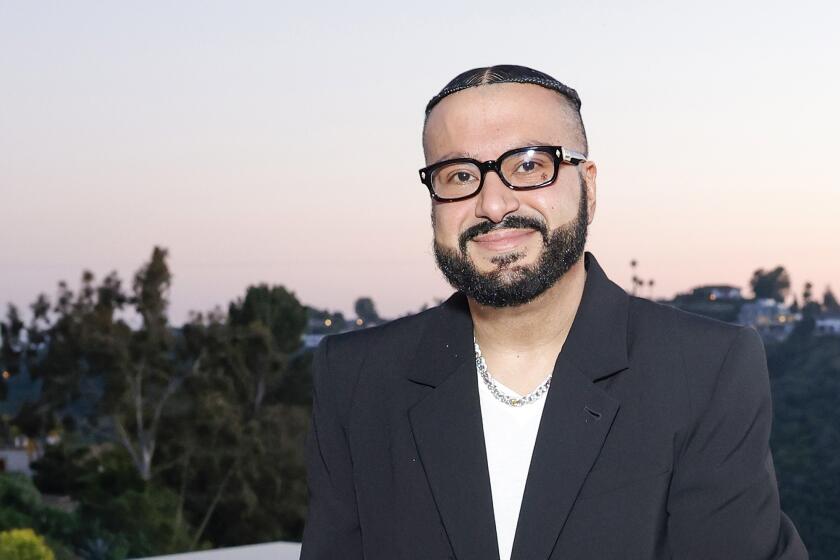More think doctors should try to extend lives, no matter how painful
A growing minority of Americans believes that doctors should do anything possible to save a life, no matter what, instead of saying there are some situations in which a patient should be allowed to pass away, the Pew Research Center found in a survey of nearly 2,000 adults.
In addition, an increasing number of people say that even if they were suffering an incurable disease and were in severe pain, they would not ask their doctors to halt treatment.
The surge in such attitudes surprises bioethicists who want physicians and families to carefully weigh aggressive medical treatments for patients near death. Invasive procedures may not lengthen or improve life for the chronically ill, they warn. Such procedures also can drive up healthcare costs.
As physicians, “very commonly we find ourselves doing aggressive care at the request of patients and families and shaking our heads when we walk away, wondering whether we’re doing the right thing,” said Paul L. Schneider, president of the Southern California Bioethics Committee Consortium. “This points to a growing gap between where the public is and where many doctors are.”
Two out of three people believe there are some situations in which a patient should be allowed to die, Pew found. However, the percentage of Americans who say physicians should always do everything possible to save a life has more than doubled since 1990, rising to 31% from 15%.
There have also been smaller upticks in Americans saying they would not ask their own doctors to halt treatment, even if they had a disease with no hope of improvement. In the new poll, 35% said they would want to continue treatment if they were incurable and in great pain, compared with 28% in 1990.
The dilemma touches many Americans: Nearly half of adults told Pew they had a close friend or relative facing a terminal illness or in a coma in the last five years. Of those, about half said the question of whether to continue “life-sustaining” treatment for that person had come up.
In Mission Viejo, Clydene Bresee watched her husband, Gary, endure chemotherapy and radiation while battling lung cancer. He lost weight and grew disoriented. Sometimes he woke her in the middle of the night, insisting it was time for an appointment. When a doctor told them the cancer was out of control, Bresee and her husband — a former construction worker who didn’t mince words — discussed whether to press on with treatment.
He said something like, “I’ve had enough of that crap,” Bresee recalled. “And I agreed.… I felt that the treatment he was getting was as bad as the disease.”
The question divides Americans by race and other attributes: Whites are more likely than blacks and Latinos to say they would tell their doctor to halt treatment if they were incurable and suffering, Pew found. Younger people and those who have not given much thought to their end-of-life wishes are less likely to agree.
Excitement about new technology may have fueled families’ belief that physicians should always try any treatment they can, said Wendy Kohlhase, a Los Angeles bioethics consultant. The trend could also be tied to diminished trust in doctors, as patients get less time with physicians.
The attitude shift “reflects a failure of the medical community to have honest and difficult conversations with patients,” said Dr. Jonathan Bergman, UCLA assistant professor of urology and family medicine. “When we explain things to patients ahead of time, they often choose not to have a very aggressive intervention.”
Pew found that many Americans, even the elderly, have not considered their end-of-life wishes. A quarter of those 75 and older said they hadn’t given it much thought.
More to Read
Start your day right
Sign up for Essential California for news, features and recommendations from the L.A. Times and beyond in your inbox six days a week.
You may occasionally receive promotional content from the Los Angeles Times.







